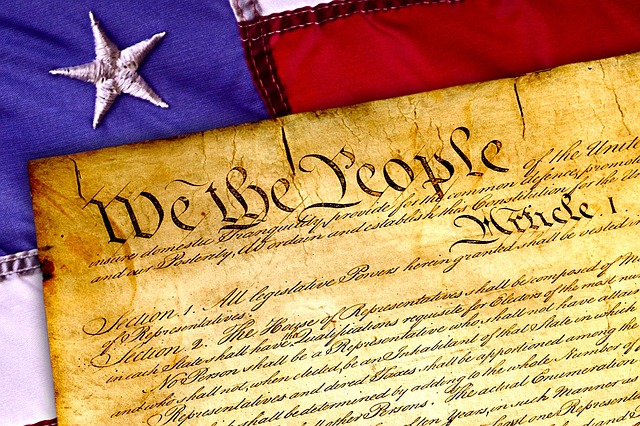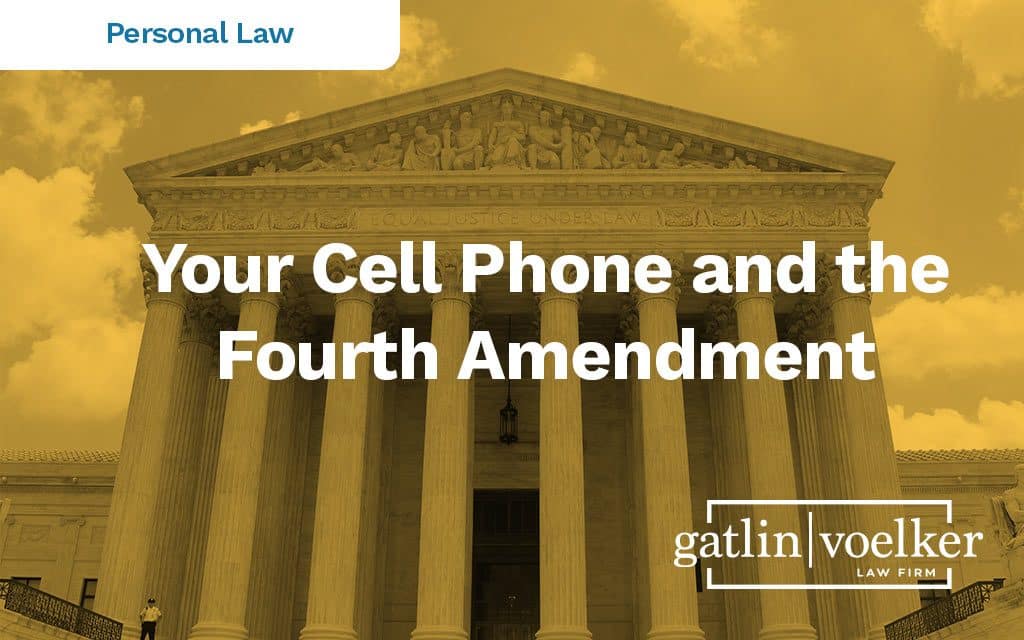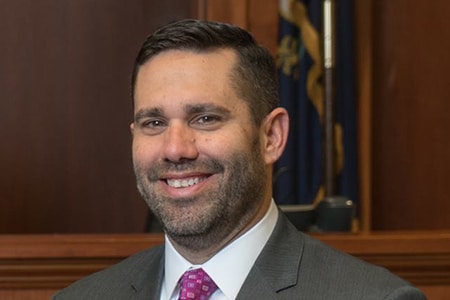Understand Your 4th Amendment Rights
The Fourth Amendment to the U.S. Constitution protects a citizen’s right to be secure in their persons, houses, papers, and effects, against unreasonable searches and seizures. Traditionally, the Fourth Amendment has been interpreted to say that individuals lack any protected Fourth Amendment interests in records that are possessed, owned and controlled only by a third party or by what a person knowingly exposes to the public. However, the extension of the Fourth Amendment to our cell phones or information we store online has the potential to be violated, abused and searched differently than traditional types of Fourth Amendment searches.Cell phones have become an essential part of our daily lives.
They are often the first thing interact with in the morning, and the last thing we check at night. They go with us everywhere and keep some of our most valued pictures, messages, and data. You can arguably learn more about a person looking through their phone than with talking to them. That is why this area of searching for cell phones is so important. If the power of the government to search phones went unchecked, they could learn almost any desired detail about an individual. The rise of the cell phone has also made it increasingly harder to control what a person “knowingly exposes” to a third party and even harder to know if these Fourth Amendment protections against searches and seizures extend to our cell phones. For example, does a person lack a Fourth Amendment privacy interest in the location data that their cell phone gives out? Can it be said an individual knowingly and purposefully exposes this information to a third party? Luckily, the Supreme Court recently decided these questions in the case of Carpenter v. the United States, 138 S. Ct. 2206 (2018) and Riley v. California, 573 U.S. 373, 134 S. Ct. 2473 (2014).
4th Amendment Rights Violation in Riley v. California
In Riley v. California, Riley was stopped by the police for driving with expired tags. During this traffic, stop officers found his cell phone and searched it finding videos and photos that linked him to a previous crime. The Supreme Court ruled that the government needs a warrant, based on probable cause, to search a cell phone. Id at 401. The Court stated that cell phones are filled with massive amounts of personal and private data that distinguish them from traditional items that can be seized during a traffic encounter, like a wallet. Id at 393. Therefore, in order for the government to search one’s cell phone, it is a fairly simple rule, the government needs to get a warrant issued on probable cause to search that phone, even when the phone is acquired due to a lawful arrest. It is important to note that the Court stopped short of saying this is always required. The Court concluded their opinion stating that some warrantless searches of phones could be permitted if certain exigent circumstances give rise to that warrantless search. Id at 407. However, for the law-abiding American citizen, you can be assured that your phone does receive some Fourth Amendment protections and the government will need a search warrant to search your device. Carpenter v. the United States is another recently decided case that defines what Fourth Amendment rights are given to the data that is transmitted from your cell phone. Before this case, most of the data that you expose to the public was not protected, like bank records or your trash cans when you put them out on the curb. However, in Carpenter, the court again recognizes how cell phones have become an essential part of our daily lives. In Carpenter, the police arrested four men in connection with a series of armed robberies. The government was able to obtain the location records for each of the phone numbers of the men connected with the robberies. With this data, the government was able to see the approximate location where these suspects had been and were able to link them with the robberies. In a 5-4 decision just last year, the Supreme Court held that obtaining this cell site location data violated one’s legitimate expectation of privacy in the record of his physical movements that were tied to the cell phones location data. Carpenter, 138 S. Ct. 2206 at 2217. The Court found that the acquisition of these cell phone location records was a search and concluding that theWarrants Typically Obtained When Supported by Probable Cause
The government must generally obtain a warrant supported by probable cause before acquiring such records. Id at 2221. This decision shows a dramatic shift in the way the Court views technology under the Fourth Amendment. In past cases involving technology, the Court focused on what one knowingly and voluntarily shared with the outside world. The Carpenter Court takes a different approach and recognizes the unique challenges presented with our current dependence on technology. The Court states that having a mobile phone is almost a part of the human anatomy and that is indispensable to participation in the modern world. Id at 2218. With this realization, the Court states that a phones location data is not truly “shared” as one would normally understand the term to mean. Id at 2271. This data is not something we voluntarily give to our service providers, and we can’t control when our phones send the data. Recognizing the changing role technology has caused in our society, the Court now recognizes that the government’s warrantless acquisition of cell site location data is a violation of one’s Fourth Amendment rights. An American now has an expectation of privacy in their cell site location data.
Brandon Voelker – Personal Law Attorney
If you have any questions regarding your 4th amendment rights, please don’t hesitate to contact our office today.












